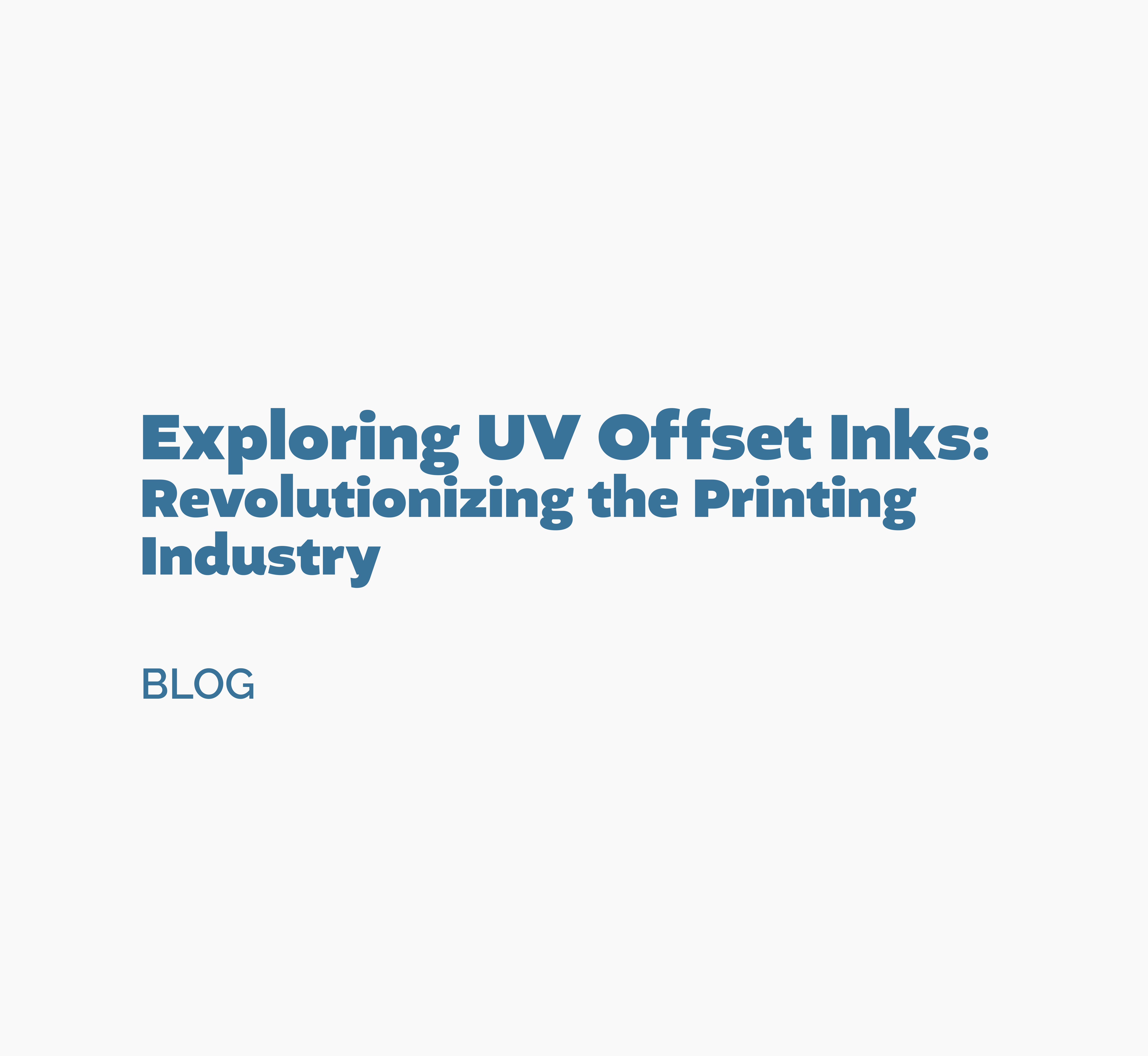In the printing and packaging industry, ensuring the safety and quality of our products is paramount. One often overlooked aspect is the use of tray mats, especially when they come into direct contact with food items like ketchup and sauces. Recent observations have highlighted significant hazards associated with this practice, prompting a closer examination of industry standards and consumer safety.
The Hidden Dangers of Tray Mats in Food Packaging
Tray mats are commonly used in the packaging process to provide a stable surface for products. However, when these mats come into direct contact with acidic food items such as ketchup and sauces, several health risks emerge due to the materials and chemicals involved.
Chemical Migration
One of the primary concerns is the migration of chemicals from tray mats into food. Tray mats often use various inks and coatings during their production. When these mats are in contact with acidic substances like ketchup, there is a high likelihood that these chemicals can leach into the food. Ingesting harmful chemicals can pose serious health risks, including:
- Toxicity: Exposure to certain chemicals can be toxic to the human body.
- Digestive Issues: Chemical ingestion can lead to stomach discomfort and other digestive problems.
- Long-term Health Effects: Prolonged exposure to harmful substances may contribute to chronic health conditions.
PFAS Chemicals: The “Forever Chemicals”
Another significant concern is the presence of per- and polyfluoroalkyl substances (PFAS) in tray mats. Known as “forever chemicals” due to their persistent nature in the environment and the human body, PFAS have been linked to various adverse health effects, including:
- Immune System Suppression: PFAS can weaken the immune system, making the body more susceptible to infections.
- Increased Cancer Risk: Studies have associated PFAS exposure with a higher risk of certain cancers.
- Hormonal Disruptions: These chemicals can interfere with hormone function, affecting growth and metabolism.
Read more about the dangers of PFAS: Learn About PFAS
The Lack of Compliance and Safety Standards
Given that the inks, coatings, and raw materials used in tray mats are often unknown in terms of compliance and safety, it is best to completely avoid placing any food items directly on tray mats. The absence of stringent regulations and transparency in the materials used exacerbates the risk, making it difficult for consumers and manufacturers to ensure product safety.
Moving Towards Safer Packaging Practices
While many organizations and individuals are making strides to educate and implement safer product standards, there is still a long way to go. Here are some steps the industry can take to mitigate these risks:
- Adopting Safe Materials: Transitioning to non-toxic, food-grade materials for tray mats and other packaging components.
- Implementing Rigorous Testing: Conducting thorough testing of packaging materials to identify and eliminate harmful chemicals.
- Enhancing Transparency: Providing clear information about the materials and chemicals used in packaging products.
- Regulatory Compliance: Ensuring all packaging materials comply with national and international safety standards.
Your Role in Ensuring Safety
How many of you currently use tray mats with direct food contact?
It’s crucial for both manufacturers and consumers to be aware of the potential hazards and advocate for safer packaging solutions. By prioritizing safety and quality, we can protect our health and the environment from the detrimental effects of harmful chemicals.
The printing and packaging industry plays a vital role in bringing products to consumers. However, this responsibility comes with the obligation to ensure that packaging practices do not compromise food safety. Avoiding the use of tray mats with direct contact with acidic food items like ketchup and sauces is a crucial step towards safeguarding public health. Let’s work together to promote safer, more sustainable packaging solutions for a healthier future.

